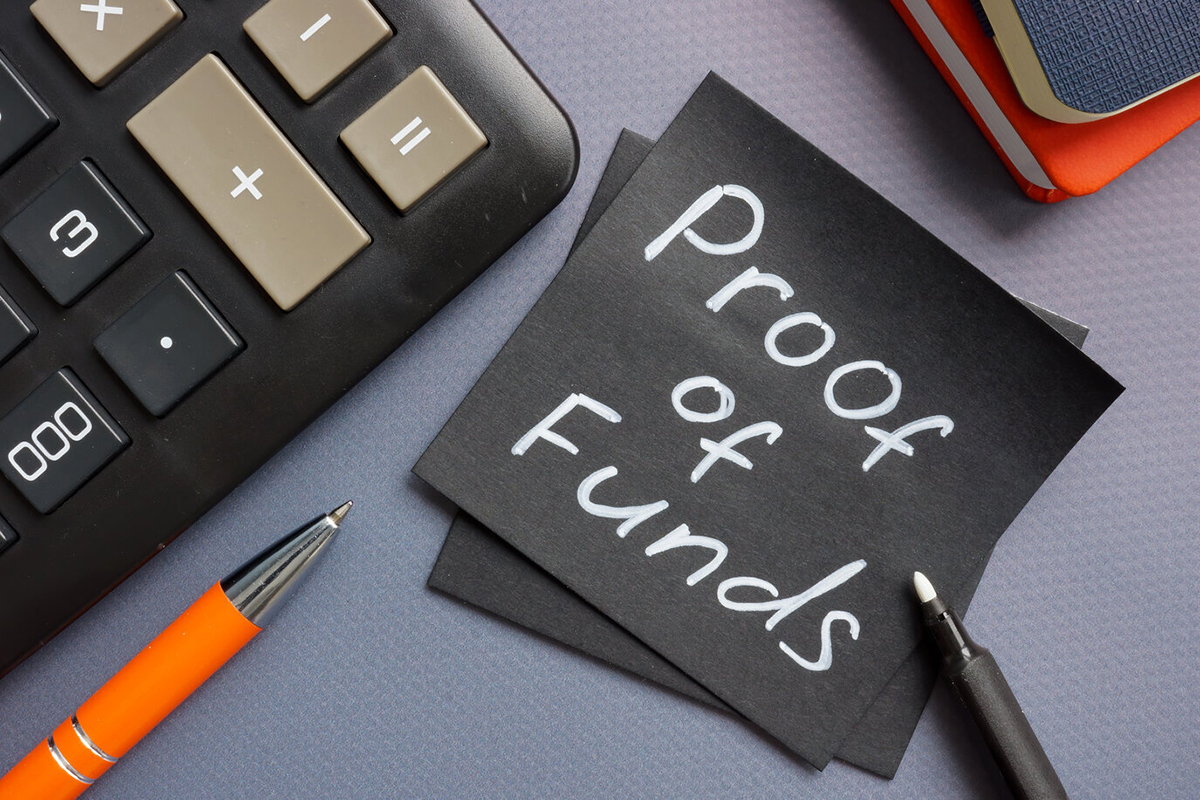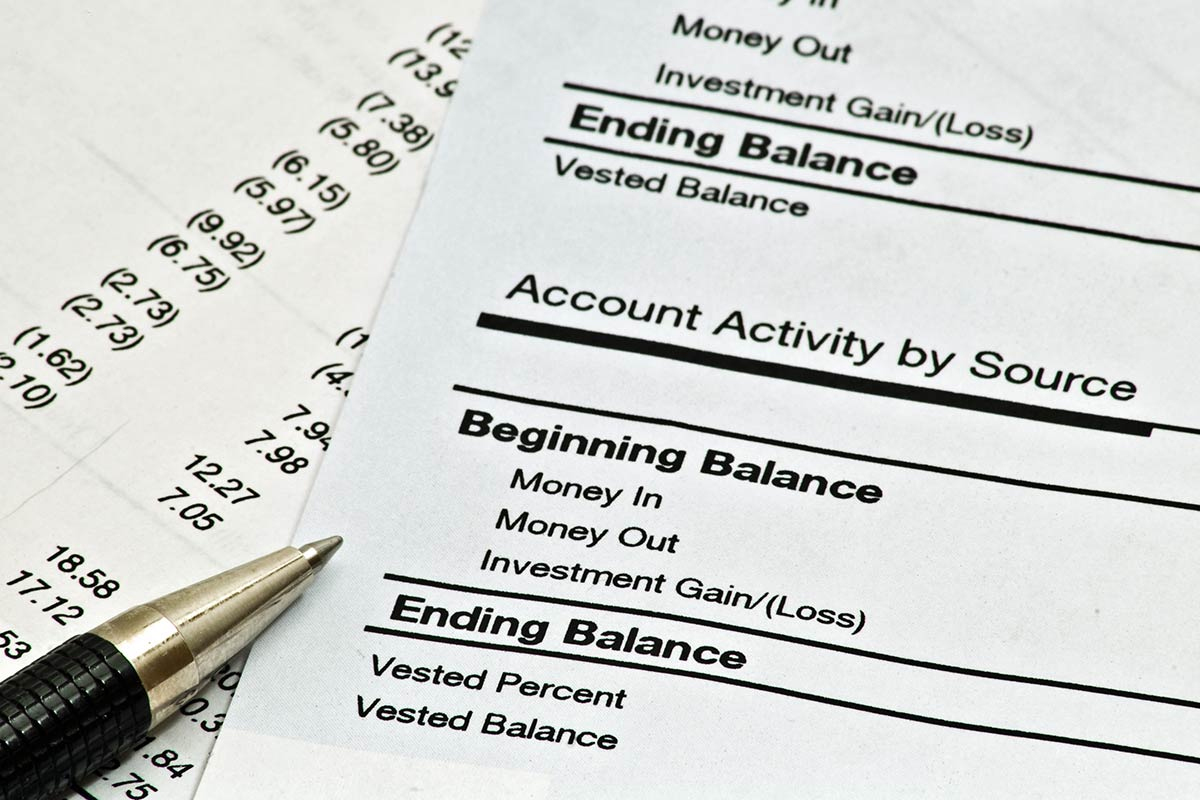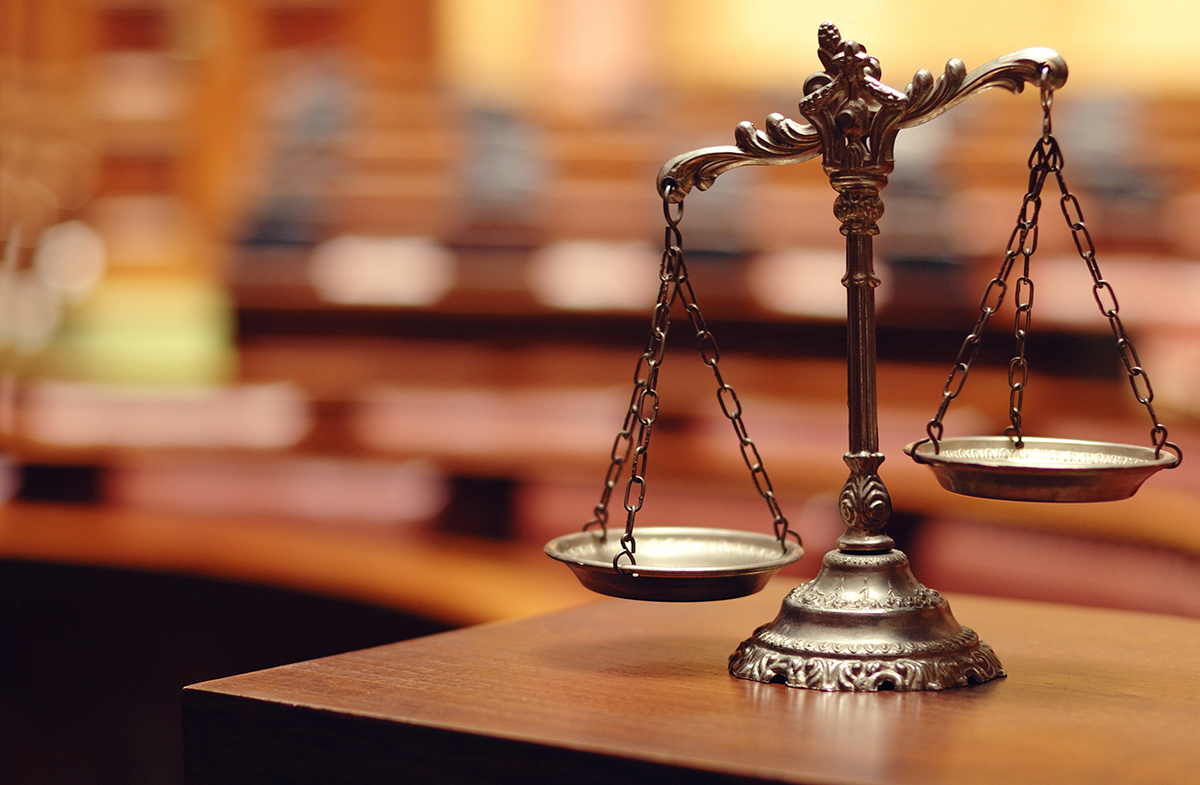Are you considering filing for bankruptcy in Detroit?
Here are a few things you need to do before you file.
Prepare Documents Needed to File for Bankruptcy in Detroit, Michigan
If you are considering filing for bankruptcy in Michigan, specifically in Detroit, you will need to gather your documents before starting the application procedure. Here is a guide to help you prepare:
Proof of Income:
Gather your recent pay stubs, including income from all sources such as employment, self-employment, rental properties, and any government assistance. You will typically need to provide at least six months’ worth of income statements.

Tax Returns:
Collect your federal and state tax returns for the previous two years. Bankruptcy courts require this information to assess your financial history and ensure that you have fulfilled your tax obligations.
List of Debts and Creditors:
Prepare a comprehensive list of all your debts, including credit cards, personal loans, medical bills, and any outstanding balances. Include the names, addresses, and contact information of each creditor.
List of Assets:
Compile a detailed list of all your assets, such as real estate, personal property, vehicles, bank accounts, and investments. Include information such as their estimated value, outstanding loans or mortgages, and any co-ownerships.
Bank Statements:
Gather your bank statements for the past six months from all financial institutions where you hold accounts. These statements demonstrate your financial transactions and account balances during that period.

Loan Agreements and Contracts:
If you have any existing loan agreements or contracts, such as leases or rental agreements, compile them for your bankruptcy filing.
Recent Utility and Other Bills:
Collect your recent utility bills, such as gas, electricity, and water, along with other monthly expenses like phone bills. These documents demonstrate the extent of your ongoing financial responsibilities and obligations.
Documentation Related to Lawsuits:
If you are involved in any ongoing lawsuits, whether as a plaintiff or defendant, gather all relevant documents associated with these cases. This includes court notices, judgments, and any pending legal actions.

Take a Credit Counseling Course
The Bankruptcy Abuse Prevention and Consumer Protection Act of 2005 (BAPCPA) mandates that for your bankruptcy to be successful, you must complete a credit counseling course with an approved agency within 180 days before filing. You should obtain a certificate of completion, which you will include with your bankruptcy petition. [1]
Credit counseling courses aim to educate individuals about personal financial management, provide budgeting advice, and explore alternatives to bankruptcy.
Courses can typically be completed online, over the phone, or in-person. They usually take about 60-90 minutes to finish, although some variations do exist among agencies. Most courses charge a nominal fee, but fee waivers may be available.
Complete Bankruptcy Forms, File Them, and Mail Them to Your Trustee
The first step towards filing for bankruptcy in Detroit is accurately completing bankruptcy forms. These forms serve as a comprehensive account of your financial situation and are crucial for the court and your trustee to assess your eligibility for bankruptcy. The primary bankruptcy form most individuals or households use is called the “Voluntary Petition for Individuals Filing for Bankruptcy” (Form 101).
Form 101 requires you to provide detailed information about your income, expenses, assets, debts, and any previous bankruptcy filings. This includes listing all of your creditors, their contact information, and the amount owed to each.
You must also disclose any ongoing legal actions, payment plans, or lawsuits you are involved in.
Once the bankruptcy forms are thoroughly completed, it’s time to file them with the court. In Detroit, bankruptcy cases are filed in the United States Bankruptcy Court for the Eastern District of Michigan. The filing fee, which depends on the type of bankruptcy you are pursuing, needs to be paid at the time of filing.
After filing your bankruptcy forms, you must mail a copy of these documents to your trustee. Your trustee acts as the intermediary between you and your creditors during the bankruptcy process. The court will assign a trustee to your case shortly after you file for bankruptcy.
Take the Second Credit Counseling Course
As an individual filing for bankruptcy in Detroit, you are required to attend credit counseling both before you file and after you file for bankruptcy. The second credit counseling course is designed to provide you with the necessary financial education and tools to help you regain control of your financial future.
To find an approved credit counseling agency in Detroit, you can visit the United States Trustee Program’s website. This program is responsible for overseeing the administration of bankruptcy cases and makes sure that the necessary support is available to individuals like you who are seeking debt relief.
During the second credit counseling course, you can expect to cover a wide range of topics that will equip you with the financial skills you need to rebuild your credit and improve your financial health. Some of the key subject areas typically covered include understanding credit scores, creating a budget, managing personal finances, and rebuilding credit after bankruptcy.

Schedule a 341 Meeting
Part of the bankruptcy process includes scheduling a 341 meeting, also known as a meeting of creditors.
A 341 meeting is a mandatory meeting that takes place during bankruptcy proceedings. It is named after Section 341 of the Bankruptcy Code, which requires the meeting to occur.
The purpose of this meeting is to allow the bankruptcy trustee and creditors to ask the debtor questions regarding their financial situation, assets, liabilities, and any other relevant details. This allows the trustee and creditors to evaluate the debtor’s case and determine if there are any objections to the discharge of debts.
The meeting is typically held within 20 to 40 days after filing for bankruptcy.
The 341 meeting is generally held at the courthouse or a designated meeting space. During the meeting, the bankruptcy trustee will ask questions based on the information provided in your bankruptcy petition and schedules.
Typical questions asked by the trustee and creditors may include inquiries regarding the accuracy of your financial disclosure, your debts, income, expenses, and any recent financial transactions.
While the 341 meeting is a formal proceeding, it is not held before a judge, and creditors rarely attend.
After the 341 meeting, the bankruptcy trustee has the information needed to evaluate your case. They will determine whether all necessary documents have been supplied and if any further actions or investigations are required. If no objections are raised, the trustee will continue with the bankruptcy process, and you may be on track to receive a discharge of your debts.
Receive the Bankruptcy Discharge from the Court
The bankruptcy discharge is essentially an order issued by the court which declares that the debtor is no longer obligated to repay most of their debts. This discharge acts as an official release, providing relief to the debtor by freeing them from the legal responsibility to pay off their debts.
Obtaining this discharge is often seen as the ultimate goal of the bankruptcy process, as it marks the end of a potentially long and challenging journey.
When the discharge is granted, it won’t eliminate all types of debt. Certain debts, such as child support, alimony, student loans (in most cases), and some taxes, among others, are typically not dischargeable.

Filing bankruptcy can be overwhelming, especially when approaching it alone. Securing the help of a Detroit bankruptcy lawyer can simplify the process for you and help you stay organized.
Contact Frego & Associates, experienced Detroit bankruptcy attorneys, today to schedule a consultation and take the first step towards a debt-free life.
FAQs
If you are overwhelmed by debts, struggling to meet monthly payments, facing foreclosure, or dealing with constant creditor harassment, bankruptcy may be a viable option. Consulting with a bankruptcy attorney can provide valuable insights and guidance. They will assess your debts, income, and assets to help you understand if bankruptcy is the best solution, considering the potential impact on your financial future.
For individuals, the most commonly filed chapters are Chapter 7 and Chapter 13. Chapter 7 involves liquidating non-exempt assets to pay off debts, while Chapter 13 allows individuals to create a repayment plan to gradually settle their debts over a specified period.
Filing for bankruptcy in Detroit will invoke an automatic stay, which legally prohibits debt collectors from continuing any collection attempts or harassment. This means that once you file for bankruptcy, creditors must immediately cease contacting you regarding outstanding debts, including phone calls, letters, wage garnishments, lawsuits, and repossession efforts. The automatic stay provides much-needed relief and allows you the opportunity to address your financial situation without constant harassment from creditors.
Source:
[1] S.256 – Bankruptcy Abuse Prevention and Consumer Protection Act of 2005. (2005, April 20). Congress.gov. Retrieved July 8, 2025, from https://www.congress.gov/bill/109th-congress/senate-bill/256




